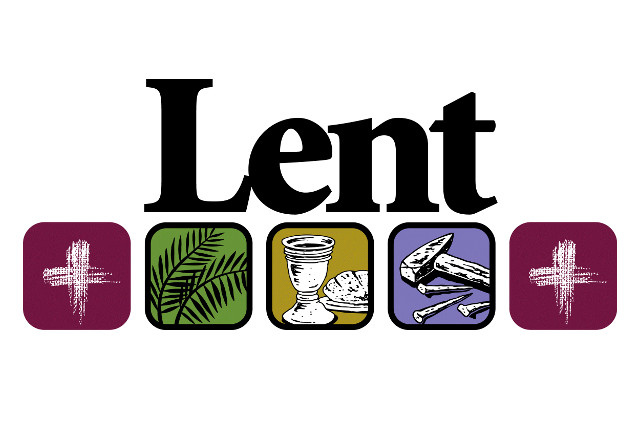
10 Things You Should Know About Lent (Part 3)
Last week, I have shared to you the Biblical basis for abstaining from meat as a sign of repentance and the reason why Fridays are days of abstinence.
We’ve been talking about fasting and abstinence lately but I know some of us may still don’t know what’s the difference between the two.
And that leads me to the fifth and sixth thing you should know about Lent: WHAT IS FASTING? AND WHAT IS ABSTINENCE.
The United States Conference of Catholic Bishops clearly stated, as mandated by the Church, that the Ash Wednesday and Good Friday are obligatory days of fasting and abstinence for Catholics. In addition, Fridays during Lent are obligatory days of abstinence.
5. FASTING
For members of the Latin Catholic Church, the norms on fasting are obligatory from age 18 until age 59. When fasting, a person is permitted to eat one full meal. Two smaller meals may also be taken, but not to equal a full meal. The norms concerning abstinence from meat are binding upon members of the Latin Catholic Church from age 14 onwards.
Members of the Eastern Catholic Churches are to observe the particular law of their own sui iuris (a Latin phrase which literally means “of one’s own right”) Church.
If possible, the fast on Good Friday is continued until the Easter Vigil (on Holy Saturday night) as the “paschal fast” to honor the suffering and death of the Lord Jesus, and to prepare ourselves to share more fully and to celebrate more readily his Resurrection.
6. ABSTINENCE
Abstinence laws consider that meat comes only from animals such as chickens, cows, sheep or pigs—all of which live on land. Birds are also considered meat. Abstinence does not include meat juices and liquid foods made from meat. Thus, such foods as chicken broth, consomme, soups cooked or flavored with meat, meat gravies or sauces, as well as seasonings or condiments made from animal fat are technically not forbidden. However, moral theologians have traditionally taught that we should abstain from all animal-derived products (except foods such as gelatin, butter, cheese and eggs, which do not have any meat taste). Fish are a different category of animal. Salt and freshwater species of fish, amphibians, reptiles, (cold-blooded animals) and shellfish are permitted.
Before all else we are obliged to perform the duties of our state in life. When considering stricter practices than the norm, it is prudent to discuss the matter with one’s confessor or director. Any deprivation that would seriously hinder us in carrying out our work, as students, employees or parents would be contrary to the will of God. (Colin B. Donovan, STL, EWTN)

Lenten Fasting & Abstinence Infographic
—
Sources: United States Conference of Catholic Bishops / EWTN
Infographics from focus.org – Fellowship of Catholic University Students


No Comments